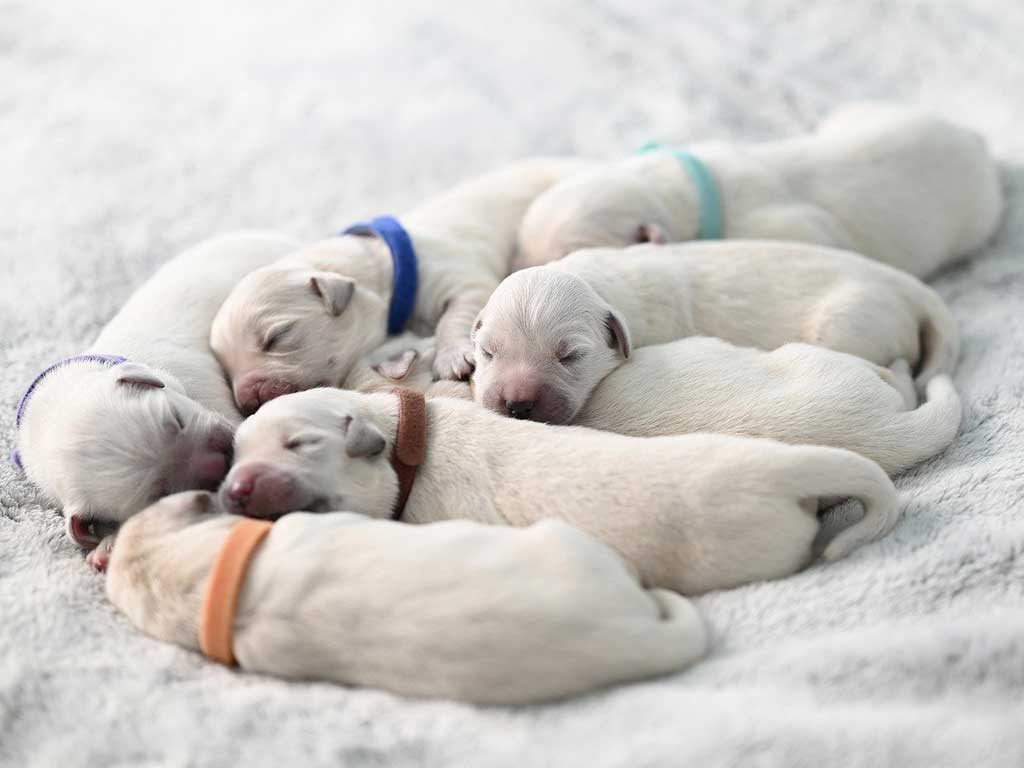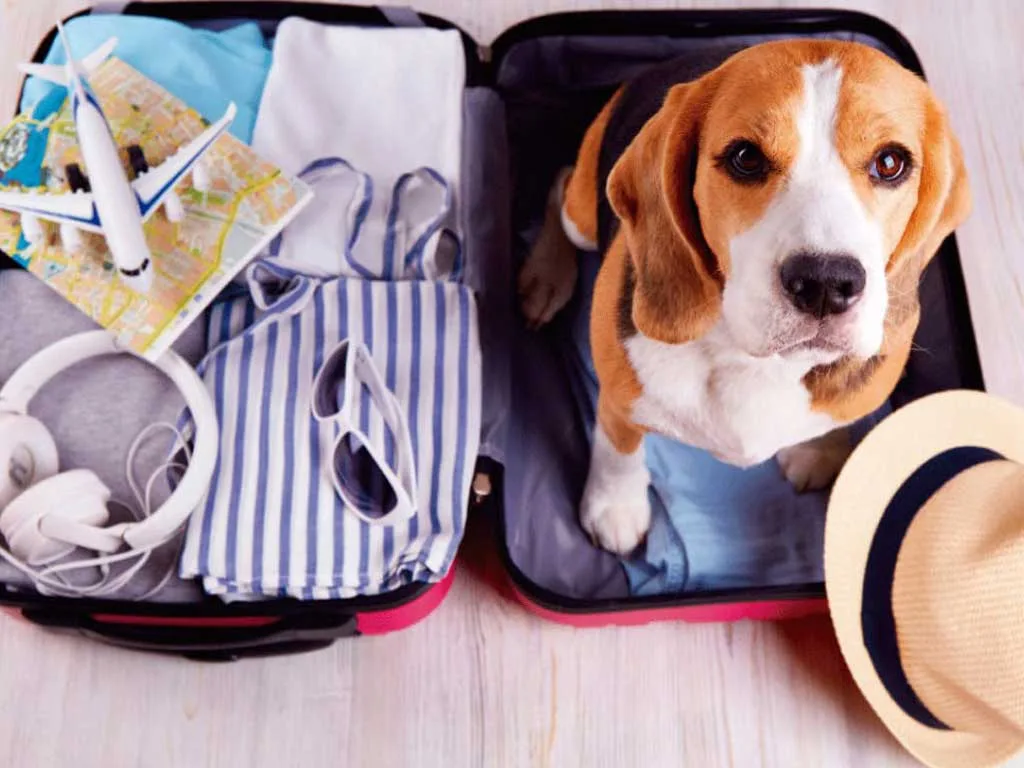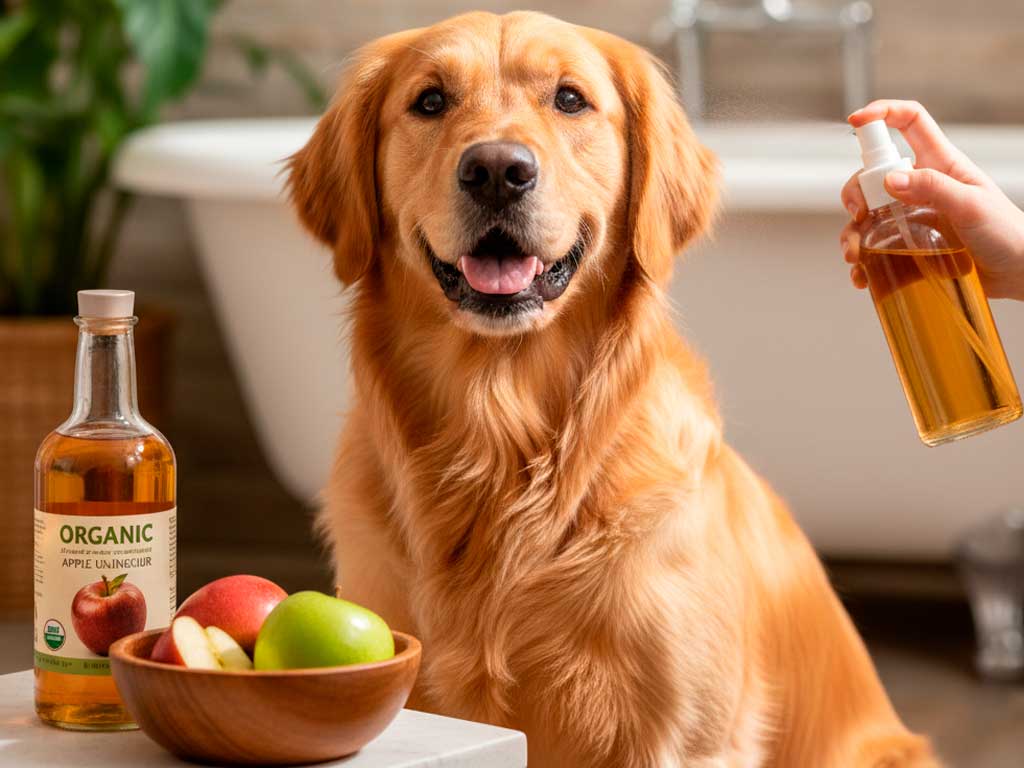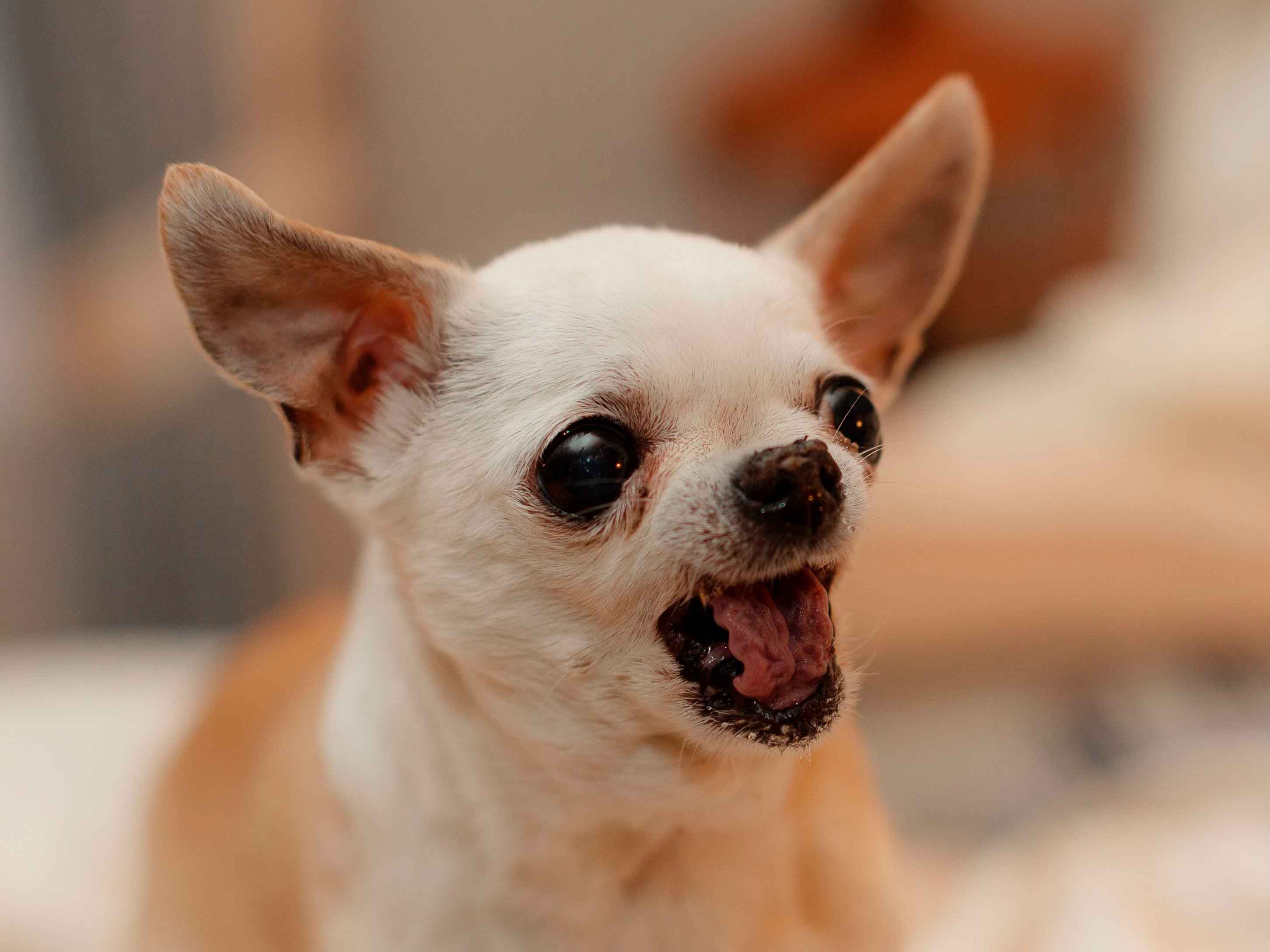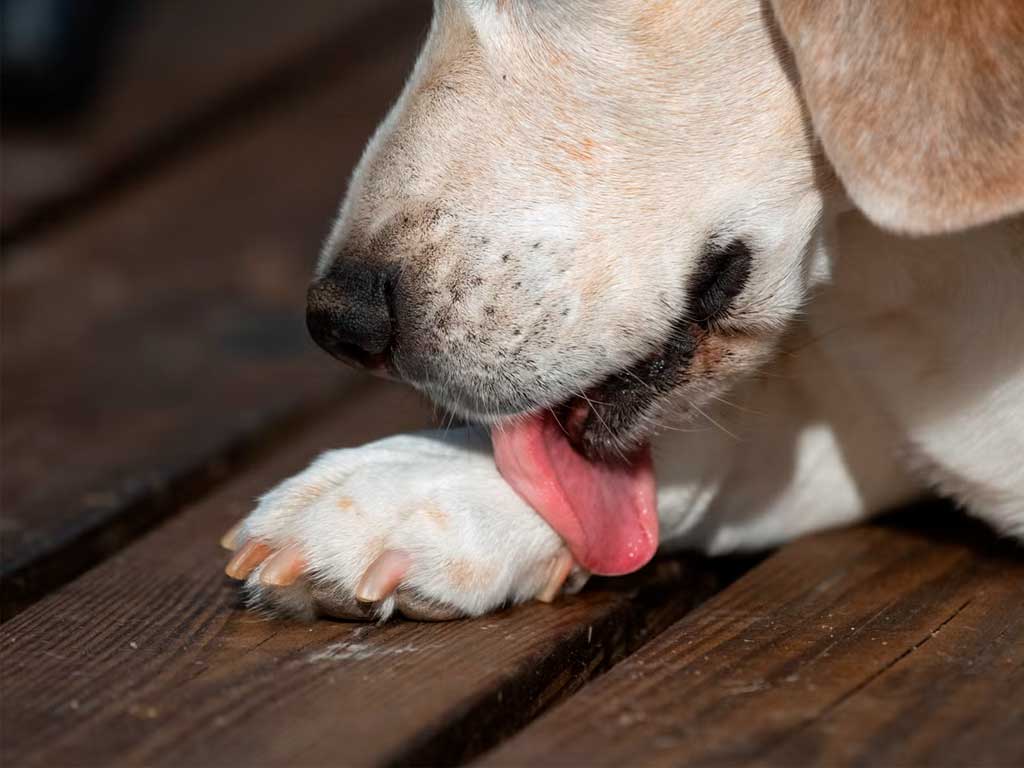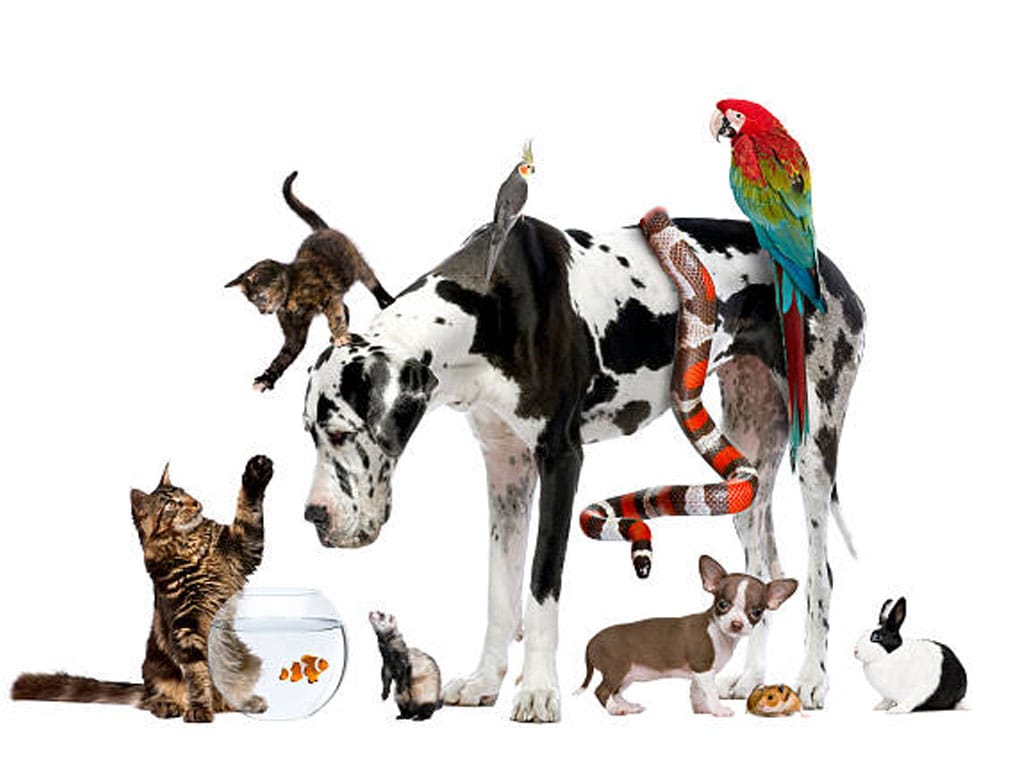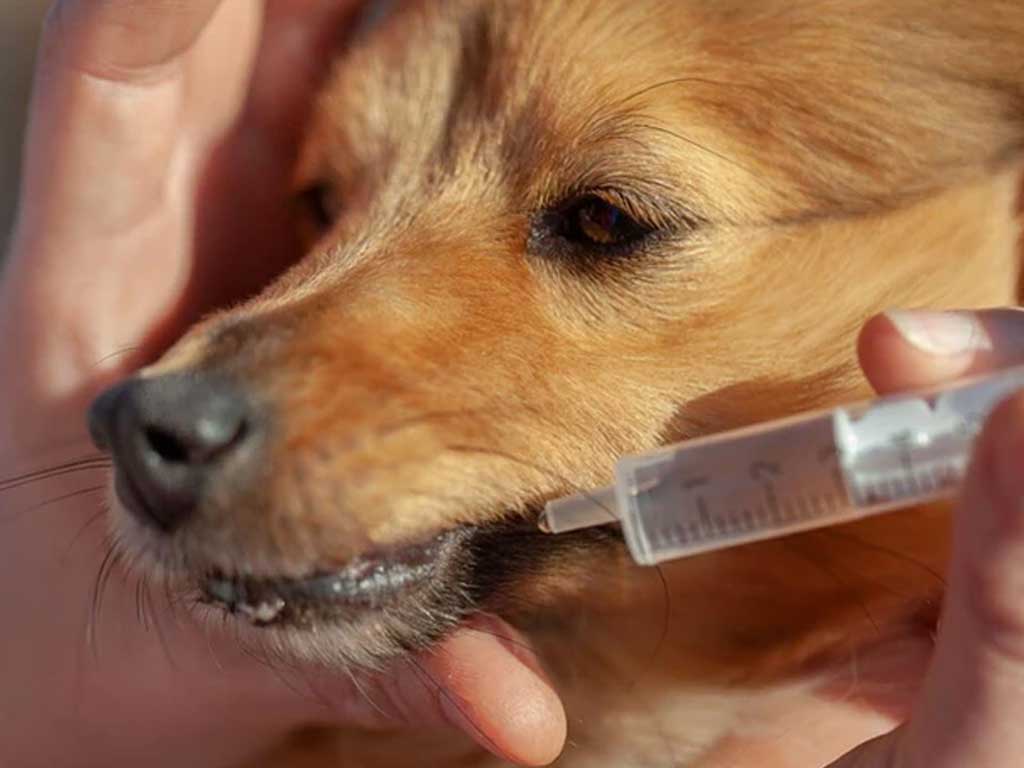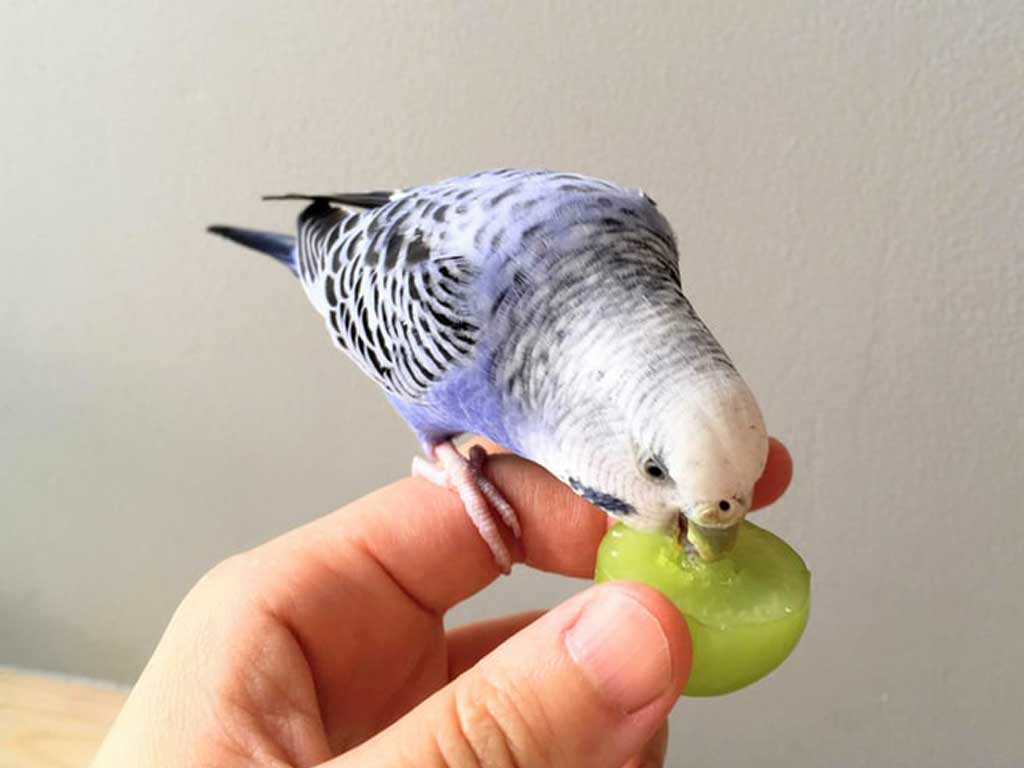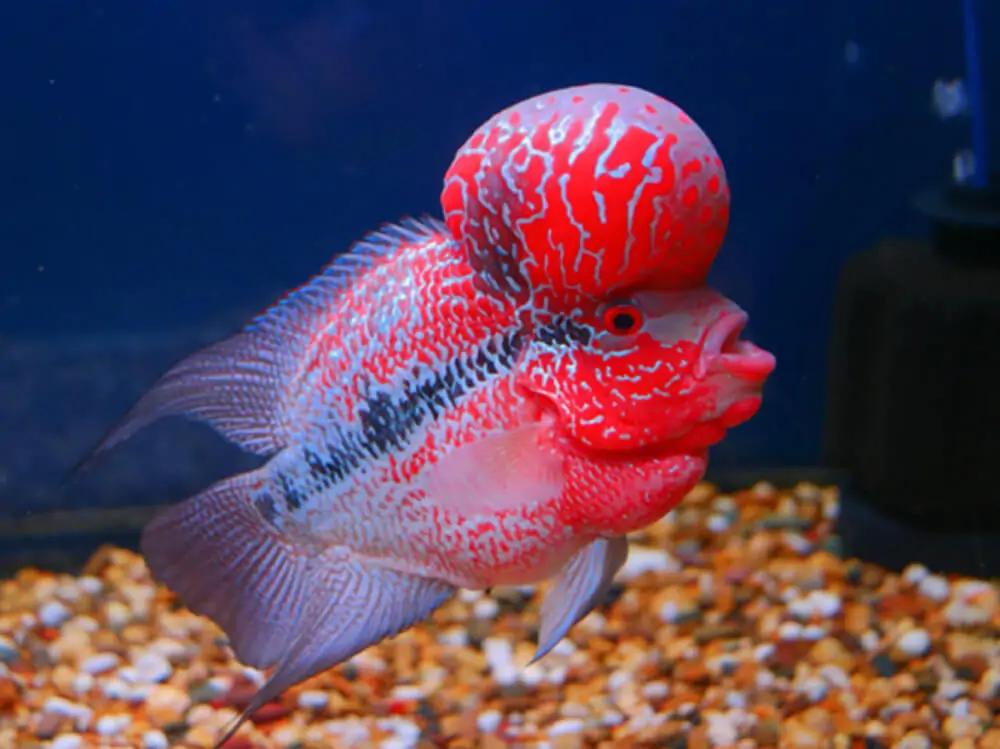Adopting a puppy is an exciting experience, but it also comes with great responsibility. In this comprehensive guide, we explain all the care your puppy needs to ensure their well-being and healthy development.
Preparations Before Arrival
Bed and Blankets
Before your puppy arrives home, make sure you have a comfortable bed and appropriate blankets. The bed should be soft and the right size, placed in a quiet spot away from drafts but integrated into family life. For example, if you have a family room, place their bed in a low-traffic corner.
Food and Water Bowls
Choose sturdy bowls of the appropriate size for your puppy. Options in plastic, metal, and ceramic are available on the market. Water fountains are also a great option to encourage your dog to drink more fluids. For instance, in a warm climate, a water fountain can help keep them hydrated.
Toys
Play is essential for the physical and mental development of a puppy. Choose toys that can soothe the pain of teething and redirect their chewing to appropriate objects. Examples include durable rubber toys, small balls they can’t swallow, and freezable chew toys to relieve inflamed gums.
ID Tag and Microchip
An ID tag with your puppy’s name and your phone number is crucial. Also, consider getting them microchipped, a more secure and permanent solution. For instance, a microchip is helpful if you travel with your dog, as it makes identification easier if they get lost.
Harness or Collar and Leash
Using a harness instead of a collar is recommended since it is safer and prevents neck injuries if the dog pulls on the leash. Ensure the leash is adjustable and about three meters long. A practical example is choosing a padded harness for added comfort.
Hygiene Accessories
Although baths should wait until your puppy has all their vaccines, purchase wet wipes and dog-specific grooming products. Additionally, a carrier is essential for vet visits or car trips. For example, a well-ventilated carrier ensures safe and comfortable transportation.
Proper Nutrition
First Stage: Mother’s Milk
Until eight weeks old, puppies should be fed their mother’s milk. Gradually introducing solid food from the third week can help with the transition. You can use high-quality kibble softened with warm water or low-sodium broth.
Amount and Frequency
- 3 to 6 weeks: Introduce softened solid food up to four times a day.
- 2 to 3 months: Increase to four or five meals daily. For example, you can schedule meals for morning, noon, afternoon, and evening.
- 3 to 6 months: Reduce to three meals daily.
- 6 months to 1 year: Two meals daily will suffice.
Ensure dietary changes are gradual to avoid digestive problems. For instance, mix the new food with the old one in increasing proportions over a week.
Training and Socialization
Rules and Guidelines
Before your puppy arrives home, establish clear rules for all family members to follow. For example, decide whether or not they will be allowed on the couch. If not, place comfortable beds or mats in strategic areas so they have their own spaces.
Positive Reinforcement
Use positive reinforcement techniques instead of punishment. Reward desired behaviors with petting, kind words, or treats. For example, if your puppy sits when you ask, immediately give them a treat to reinforce the behavior.
Early Socialization
It is essential to expose your puppy to different people, animals, and environments from three weeks to three months old. This prevents behavioral issues such as fear or aggression. For example, organize short park visits for safe interactions with other dogs.
Puppy Hygiene
First Bath
The first bath should be done when the puppy is fully vaccinated or earlier only if they are very dirty or have parasites. Use warm water, puppy-specific shampoo, and dry them completely to avoid getting cold. For instance, wrap them in a warm towel after a bath in winter.
Brushing
Regular brushing is crucial to remove dead hair and keep the skin healthy. It is a routine that should complement bathing. For example, for long-haired breeds like Golden Retrievers, brush at least three times a week.
Cleaning Accidents
If the puppy has an accident in the house, use enzymatic products to remove odors and prevent them from returning to the same spot. For example, avoid ammonia-based products, as their smell may attract the puppy to repeat the behavior.
Play and Mental Stimulation
Playtime
A puppy needs short play sessions since they sleep 18 to 20 hours daily. As they grow, playtime can extend to 40 or 50 minutes daily. For instance, divide the time into two sessions: one in the morning and one in the afternoon.
Types of Games
- Tug-of-War: Stimulates their hunting instinct. Use a durable rope to avoid breakage.
- Chasing: Running after a ball or toy. For example, use a rubber ball that bounces to make it more fun.
- Scent Games: Activities involving finding hidden treats or toys. An example is a snuffle mat where you can hide small treats.
- Proprioception: Circuits with different heights and surfaces. For instance, create a mini obstacle course with pillows and boxes at home.
- Intelligence Games: Solve puzzles to earn rewards. Use puzzle toys where the puppy moves pieces to access food.
- Solo Play: Activities like extracting food from a Kong or chewing ropes. For example, fill the Kong with natural peanut butter and freeze it for extra entertainment.
It’s important to teach them not to bite during play and to respect the limits you set. For example, if they bite your hands, stop the game immediately so they associate biting with the end of the fun.
Teaching Them to Be Alone
Gradual Process
A puppy shouldn’t be left alone for more than two hours initially. Start by leaving the room for one minute and gradually increase the absence time. For instance, step out to take out the trash and return in a few minutes.
Practical Tips
- Establish a routine of exercise and feeding before leaving. For example, play with them and feed them an hour before you go.
- Leave safe toys to keep them entertained. An example is providing several interactive toys to prevent boredom.
- Use background sounds, such as relaxing music, to calm them. For instance, use playlists specifically for dogs available on streaming platforms.
Taking care of a puppy requires dedication, patience, and love. By following this guide, you will be prepared to provide them with a happy and healthy life. Over time, your puppy will grow and reward you with their companionship, loyalty, and unconditional love.

